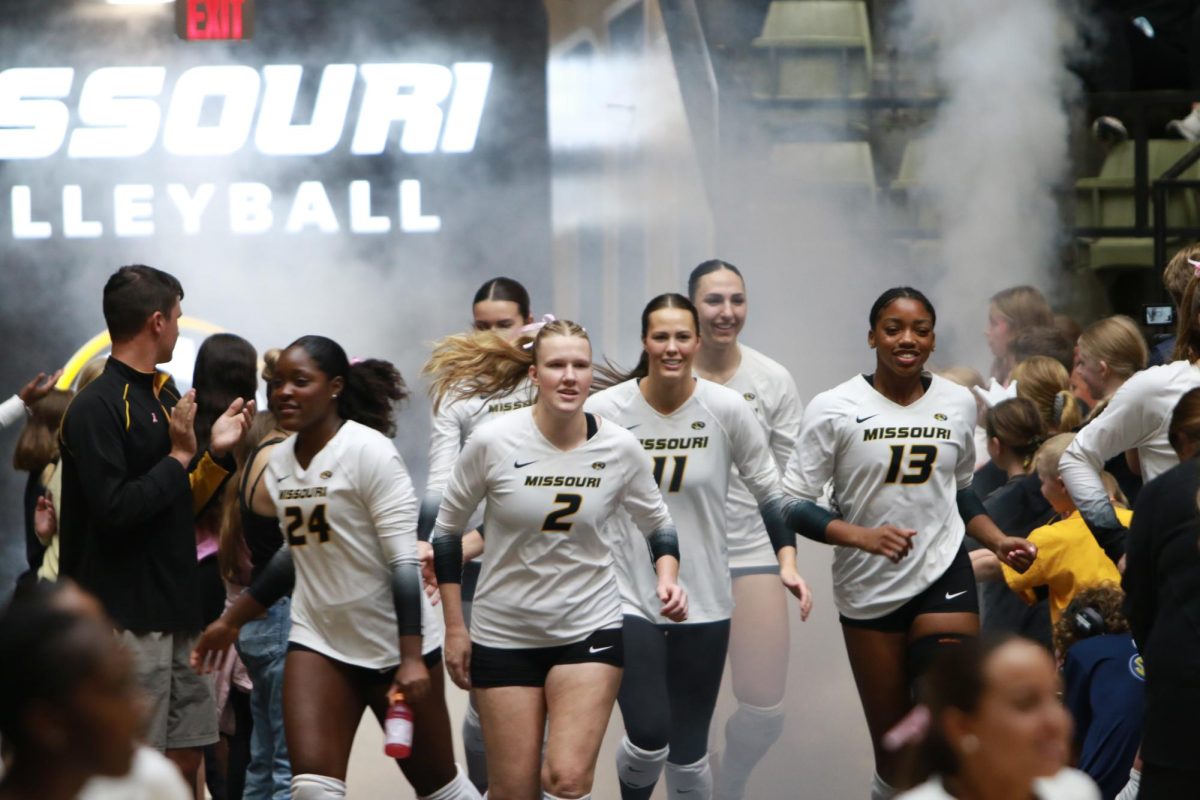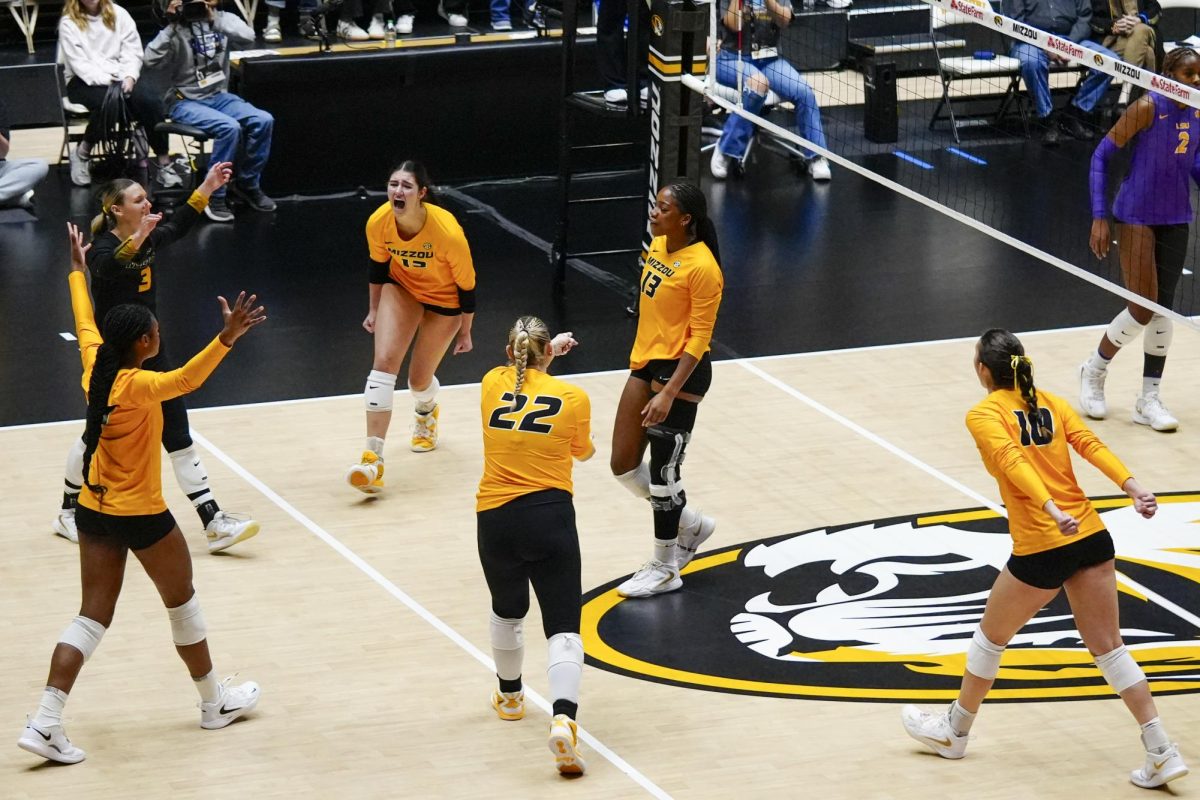Win or lose, tonight will be a treat.
This evening’s rare 9:30 p.m. Friday night kickoff between Missouri and Arizona State is a matchup for which Tiger fans have been waiting too long. It’s a gut-check. It’s a show for the fans. It’s a statement to the BCS that the Tigers aren’t afraid of the road less traveled.
It’s a portrait of all that has been missing from the Missouri football program for the last decade.
College football’s unique race to the top of the BCS standings has rendered the sport a game of survival. The objective is to brave the system’s natural selection and stand tall at the end of the season.
The BCS has rendered many programs scared to death of losing even a single game. For the last decade, Missouri has been a leader of this pack of pansies.
Since Gary Pinkel’s arrival in 2001, the common denominator of Missouri’s nonconference schedules has been its fairly annual rivalry with Illinois, an average BCS program at its best.
The names surrounding that game over the years have been pretty interesting: Texas State, Bowling Green, Ball State, Troy, Eastern Illinois, Middle Tennessee State, Arkansas State, New Mexico, Murray State, Mississippi, Western Michigan, Illinois State, Southeast Missouri State, Buffalo, Nevada, Furman, McNeese State, Miami (Ohio) and San Diego State.
Notice a theme?
Of the 19 aforementioned programs, only one (Mississippi) was a member of a BCS conference. Compare that to eight NCAA subdivision programs. Two more schools on the list (Buffalo and Nevada) have been subdivision programs in our lifetime.
None of Missouri’s frightened screams were shriller than its last-minute backtracking from a four-year commitment to play Iowa from 2005-2008. The withdrawal came right when the Hawkeyes started to win games.
“We were building our program, and it didn’t make a lot of sense for me to play such a great football program,” Pinkel explained.
The problem with this ideology is that many teams in recent years have found value in early nonconference tests. Big-name programs like USC, Ohio State, Oregon and Oklahoma have had no issue hosting early primetime thrillers. Lesser programs such as Tennessee, Cal, Colorado and West Virginia have also shown they aren’t afraid to step outside the cupcake factory.
One could argue that bigger programs can afford to take on tougher teams, but that line of thinking is counter-intuitive: early challenges so often make teams stronger going forward. And while record is a strong component of the BCS, so is strength of schedule. Any generally, unblemished records against a compilation of nobodies fails to impress voters (just ask the midmajors).
Rather than meet its fears head-on, Missouri, like many fellow BCS schools, has long played the waiting game of letting its demons come forth. The ensuing reality checks, often at the hands of Oklahoma and Texas, have altogether been far from pretty.
The end of the Arch Rivalry left the Tigers at a crossroads in the BCS path, and they took the route of scheduling a BCS program. In honesty, that’s all I really ask out of the program. You don’t have to set the world on fire; just play somebody. Focus on building a good team rather than boasting a predestined record, and let the chips fall where they may.
Cracking the BCS is a trick of luck. Perhaps the Tigers are finally understanding that fortune rewards the brave.







